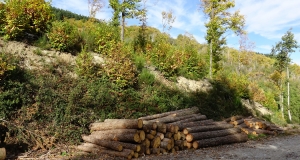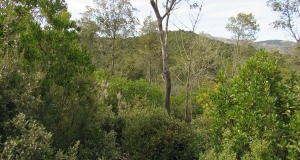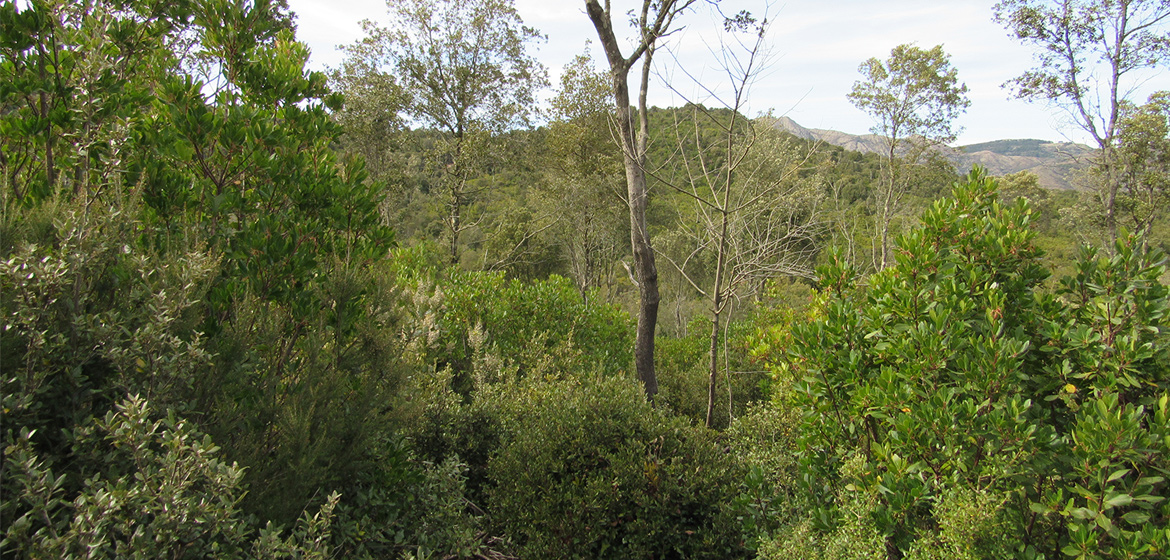The management of forests, no matter if private, public or collective, is an opportunity for society to try to ensure the protection of this common good. Planning is essentially the way to arrange forest activities. Its importance is particularly evident in the context of sustainable forest management, and planning is a prerequisite to ensure it.
Through a forest plan it is possible to enhance forests’ goods and services according to the needs of the ownership and in compliance with the relevant rules, whilst safeguarding the resource and its potential for future generations.
By studying the forest to be planned and understanding consequently its characteristics, it is possible to arrange the silvicultural activities without risking depleting the natural resource. The rule of thumb of forest planning is that the wood yield that can be annually extracted has to be less than the forest’s overall yield stored during the same period of time.












